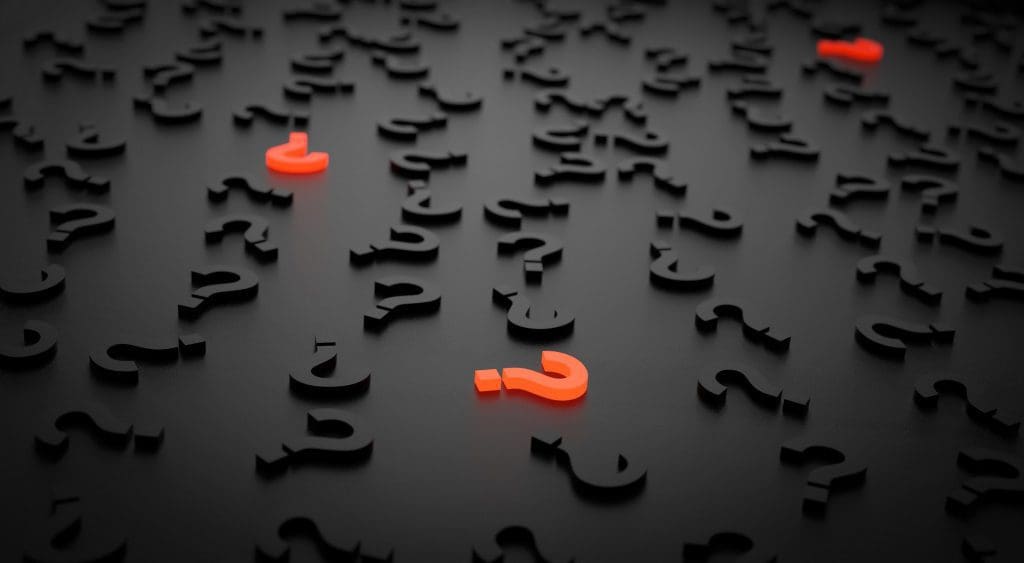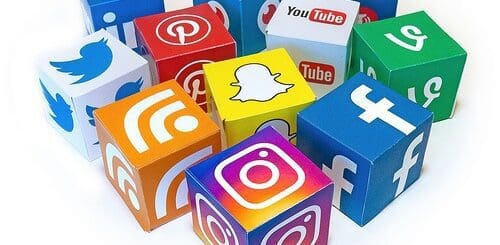Overanalyzing Social Media Posts
Earlier this week, we mentioned the Britney Spears documentary that has sent social media in a frenzy. As we mentioned in our Monday post, many have used the documentary to reflect about how the culture at the time vilified, sexualized, and mocked a celebrity in her late teens and early 20s to the point that it likely contributed to the mental health issues that became the center of her celebrity status.

This time frame – the early 2000s – was when social media was starting to truly take off, giving people the ability to talk to whoever, about whatever, whenever. Many young people – especially young women – were coming of age during this time, and it was the norm to make fun of nearly everything about them, including mental health issues, especially because many thought it wouldn’t get back to the people being gossiped about.
While this has changed significantly in just the past 15-20 years, particularly because of the changing conversations and stigmas around mental health, there is still a long way to go. Although everyone – celebrities included – have been open about their experiences and receive a lot of support, they can still be the subject of cruel jokes.
There is also a newer issue that has been coming up, and has been highlighted in response to the Britney documentary. Now that celebrities are on social media too, fans can have the tendency to analyze, nitpick and use posts as clues to come up with what they think is a larger narrative about what that celebrity is going through. For Britney, two fans even started a podcast where they would analyze and dissect every part of the singer’s social media page in an effort to put “puzzle pieces” together about her situation and wellbeing.

This is not just limited to celebrities however. Despite good intentions, we may have the tendency to look deeply into others’ social media posts for “hidden clues.” For the average person, this has a tendency to happen when content of theirs, especially about their wellbeing, goes viral. You may have also experienced this as well, especially if you find yourself with followers or friends you know who are aware of mental health issues you are experiencing. It’s understandable and okay to be more passive in expressing poor mental health, doing so in a way to subtly get out there that you want someone to reach out and help but are afraid of being too upfront, but some people reading yours and others’ content can take this too far.
As a reminder, social media is not a place where everyone’s profile is a mystery to solve. Although the intention may be good and we are all looking out for each other, it’s easy to get caught up and overthink, overanalyze, and overstep in other’s privacy. People may use social media as an outlet for their mental health, and some are more open than others about what they want to reveal, but personal lives are just that, personal.
Has anyone reached out to you because of something you posted on social media? Has anyone ever crossed your boundaries or assumed things based off of your social media posts?




Recent Comments